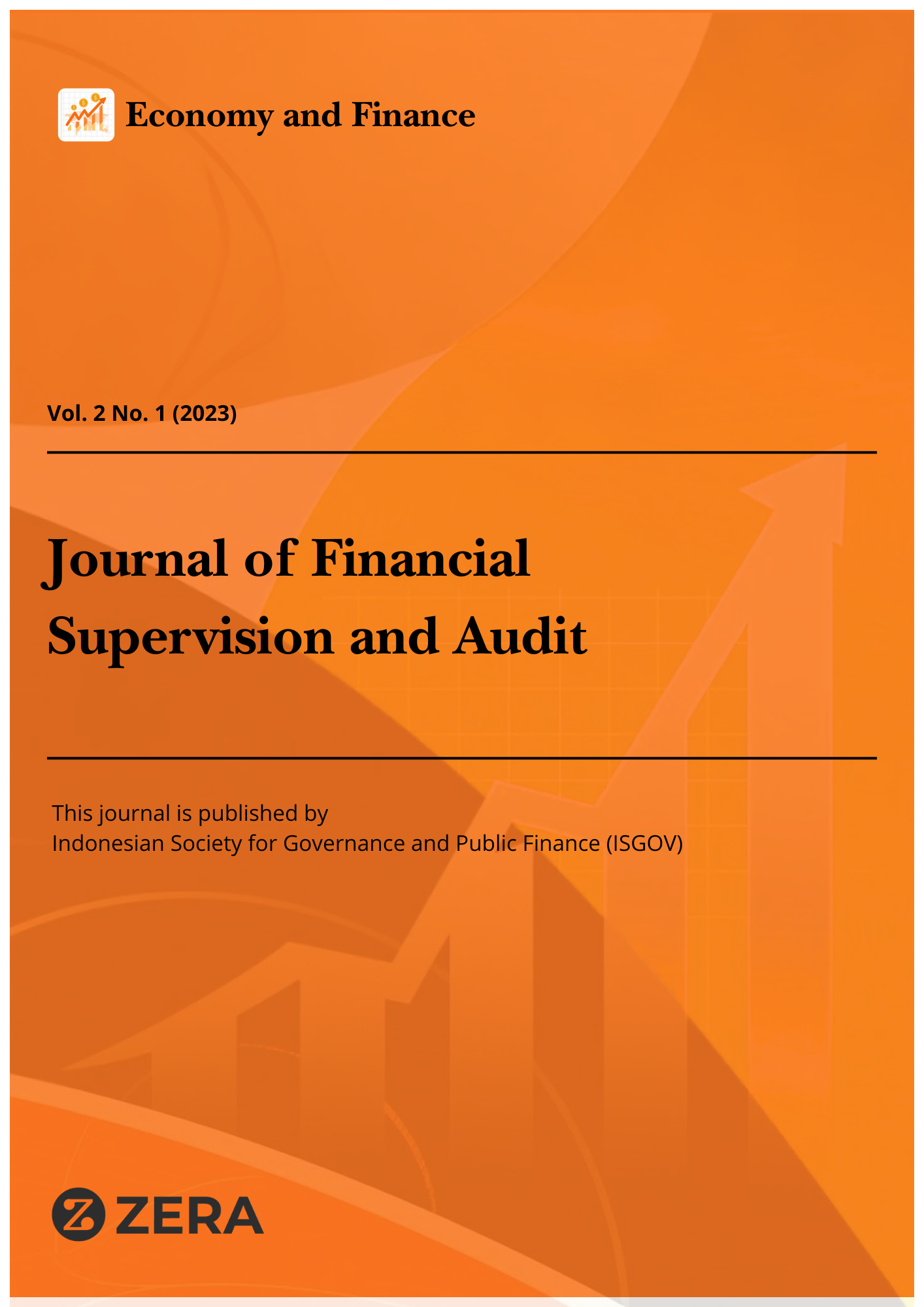Keywords:
Budget Deficit, Corporate Income Tax, Fiscal Policy, Private Investment, Structural ReformAbstract
Tax rate reductions are often linked to the growth of private investment, since in theory they increase net profit after tax and create incentives for businesses to expand. This study examines the effectiveness of Indonesia’s Corporate Income Tax (CIT) reduction policy in stimulating national private investment. A qualitative descriptive approach was applied, relying on a literature review of scholarly sources and official government fiscal policy reports. The results show that while domestic investment experienced growth after the tax rate cut, the effect was not strictly linear. Investment performance was also shaped by structural elements such as legal certainty, political stability, and bureaucratic efficiency. Several studies further emphasize potential negative implications, particularly the risk of an expanding budget deficit that could weaken productive public financing. Therefore, the policy of reducing tax rates can only achieve optimal effectiveness if it is integrated with broad structural reforms aimed at creating a competitive and sustainable investment ecosystem capable of supporting long-term economic development in Indonesia.


